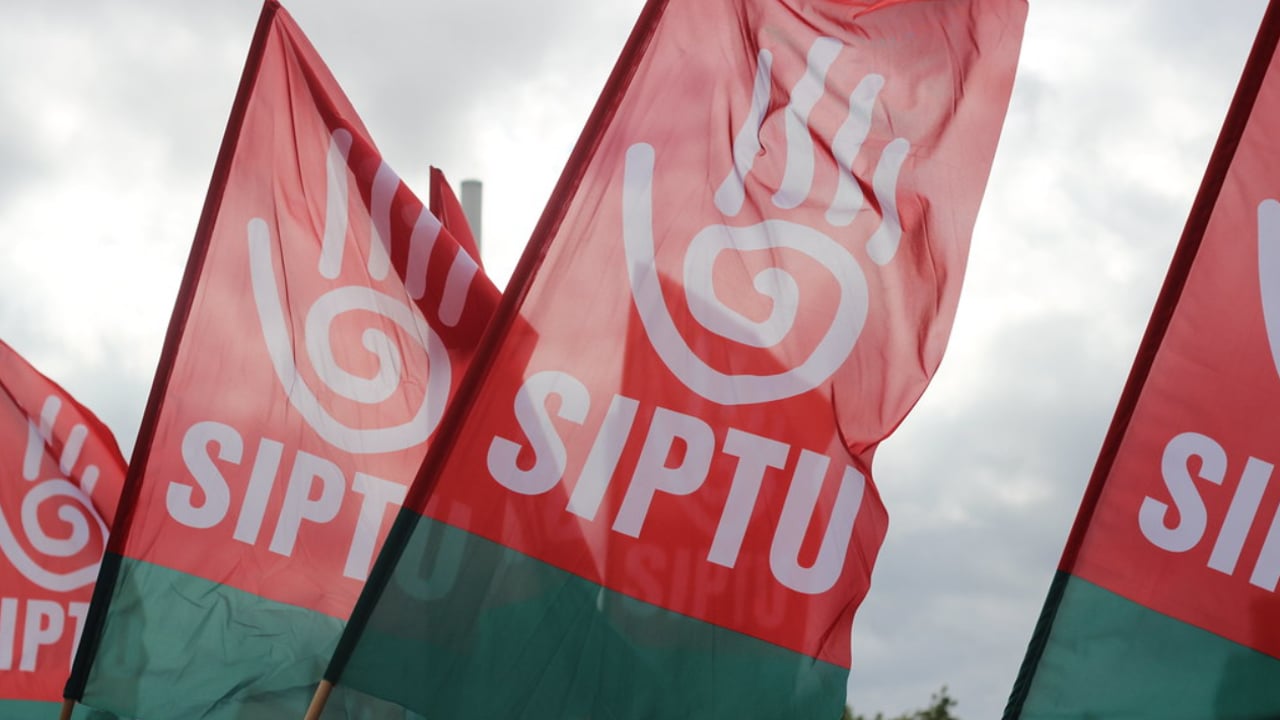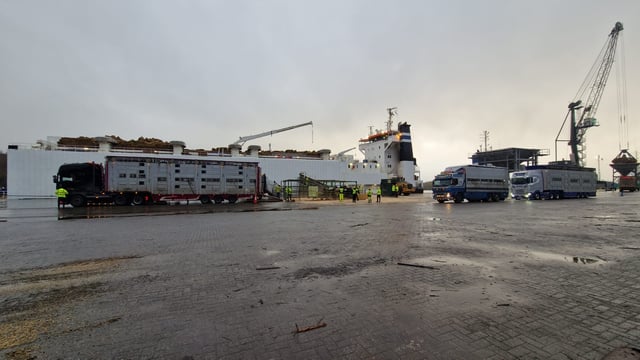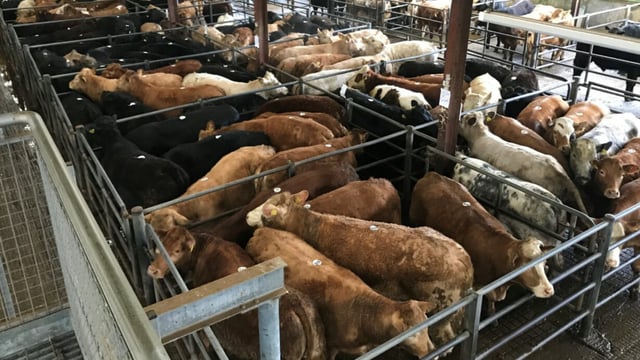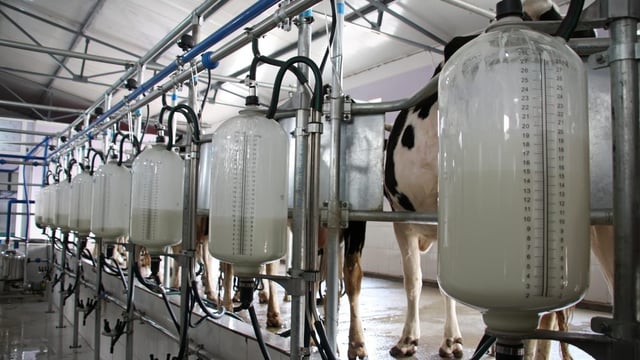More work stoppages at Carroll's Cuisine planned by SIPTU
Trade union SIPTU has completed two 12-hour work stoppages at consumer food manufacturer Carroll's Cuisine, and has already planned further stoppages for later this week.
The trade union's members at the food processing plant in Tullamore, Co. Offaly completed two work stoppages over the last two days, one on Sunday (November 16) and one yesterday (Monday, November 17).
Pickets were placed at the plant.
SIPTU has now said that its members will undertake two further stoppages on Friday (November 21) and Saturday (November 22).
SIPTU members will maintain pickets during all stoppages. The two additional stoppages will both commence at 7:00a.m.
These stoppages have been planned after what SIPTU claimed was a failure of management at the company to engage in discussions on pay, working conditions and union recognition.
Neil McGowan, manufacturing divisional organiser for SIPTU, claimed that the decision to escalate industrial action "follows weeks of management delays and an abrupt refusal to continue talks".
"Workers in Carroll’s Cuisine voted last month in favour of industrial and strike action but agreed to suspend planned stoppages to allow for negotiations," he said.
"At our meeting on October 31, SIPTU representatives presented a constructive proposal aimed at ensuring the company’s financial stability while also addressing pay improvements and securing union recognition for collective bargaining," McGowan added.
"Management requested time to consider this proposal before stating it was not prepared to engage further on the outstanding matters with the workers' chosen SIPTU representatives.
"Management has chosen confrontation rather than compromise. Our members will not be denied their basic right to fair pay and to be represented by their union. This left them no option but to escalate the industrial action," the SIPTU organiser said.
McGowan said that the affected workers at Carroll's Cuisine "have been heartened with the support from the local community for their action".
He claimed: "The conflict fundamentally stems from the company's refusal to respect workers rights to collectively bargain through their union. Ireland remains an outlier in western Europe in this regard.
"Working people...should not be forced into industrial action simply to secure fair treatment," McGowan said.











